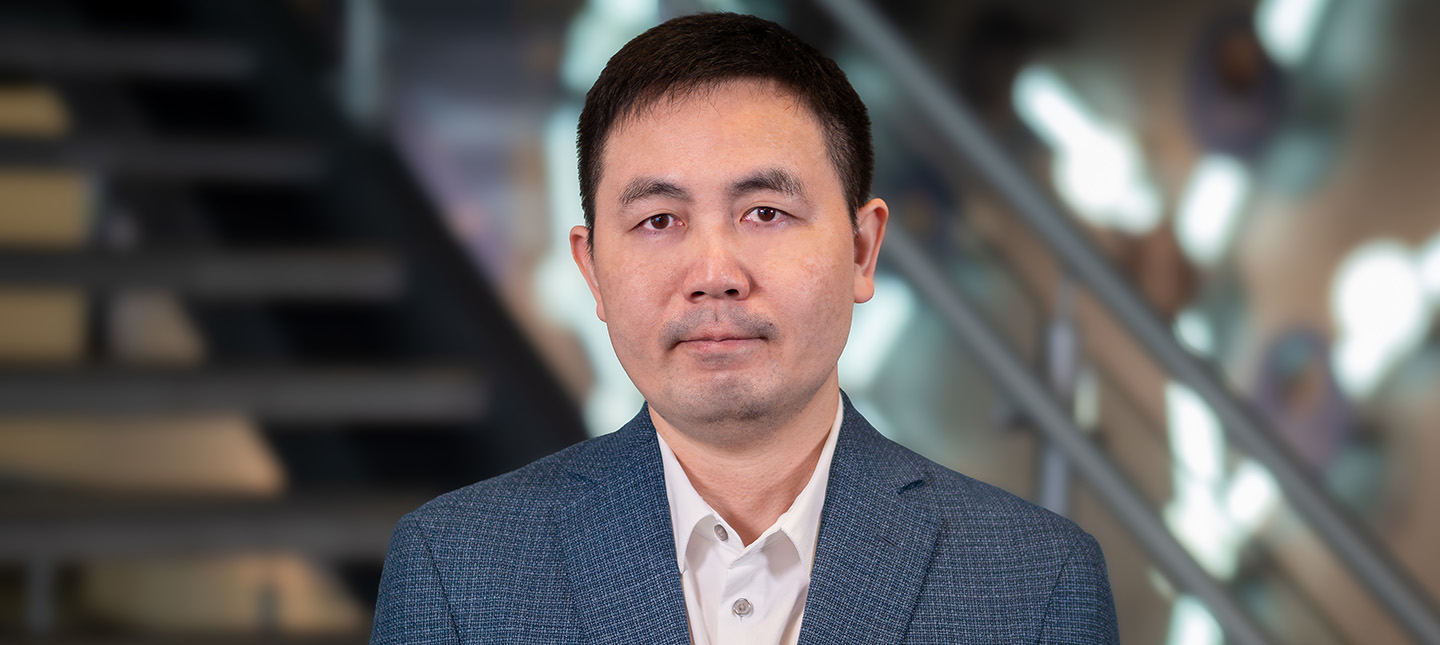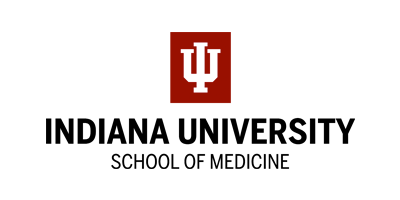Published in the JAMA Network Open. Here is a link to the article.
Regenstrief Institute authors: Jiang Bian, PhD
Type 2 diabetes (T2D) is a common chronic condition that affects how the body processes blood sugar and is associated with increased risks of other serious health problems, including cancer. People with T2D who are diagnosed with cancer often face more complex treatment decisions, and their diabetes medications may influence both cancer outcomes and overall survival. While some glucose-lowering drugs have been linked to differences in cancer survival, findings have been inconsistent.
Researchers conducted a study to better understand how a newer class of diabetes drugs, glucagon-like peptide-1 receptor agonists (GLP-1RAs), affects survival in older adults with both cancer and T2D. Using national Medicare data from 2013 to 2020, the study included patients aged 66 and older with T2D and one of nine cancers, including colorectal, lung, breast, prostate and pancreatic cancers. The researchers compared outcomes among those who started treatment with GLP-1RAs, sodium-glucose cotransporter-2 inhibitors (SGLT2is) or dipeptidyl peptidase-4 inhibitors (DPP4is).
The study found that patients who used GLP-1RAs had a lower risk of death compared to those taking DPP4is. This association was consistent across several cancer types and demographic groups. However, there was no difference in survival between patients taking GLP-1RAs and those taking SGLT2is. These findings suggest that GLP-1RAs may offer benefits beyond blood sugar control for individuals with T2D and cancer. Further research, including clinical trials, is needed to confirm these results and to better understand how these medications may impact both diabetes management and cancer outcomes.
Authors:
Rotana M Radwan1, Ying Lu1, Hao Dai2, Thomas J George3, Yi Guo4, Jingchuan Guo1, Jiang Bian5,2,6
Affiliations:
1Department of Pharmaceutical Outcomes and Policy, College of Pharmacy, University of Florida, Gainesville.
2Department of Biostatistics & Health Data Science, Indiana University School of Medicine, Indianapolis.
3Department of Medicine, Division of Hematology and Oncology, College of Medicine, University of Florida, Gainesville.
4Department of Health Outcomes and Biomedical Informatics, College of Medicine, University of Florida, Gainesville.
5Regenstrief Institute, Indianapolis, Indiana.
6Melvin and Bren Simon Comprehensive Cancer Center, Indiana University, Indianapolis.









